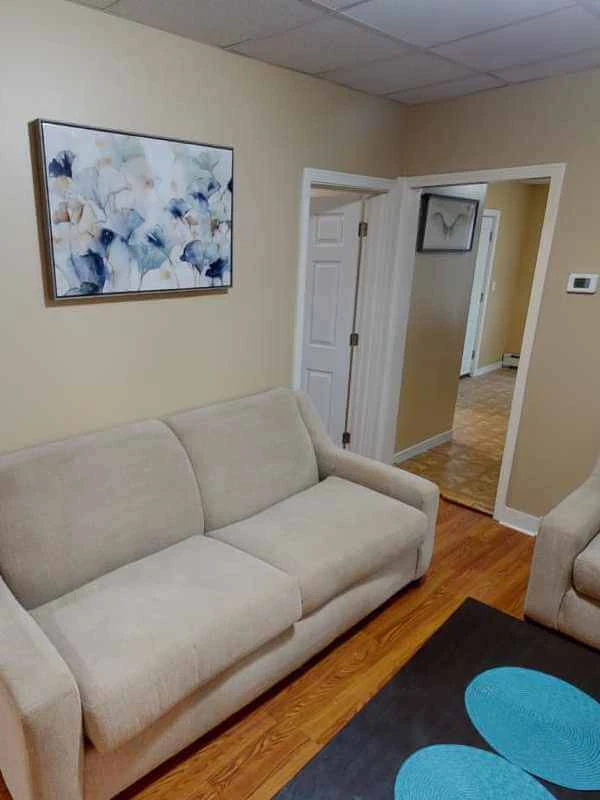
Alcohol causes you to produce excessive amounts of urine, leading to dehydration. If you’ve been drinking for a while, you will probably be surprised by how what is alcoholism much being sufficiently hydrated improves your health. Chronic dehydration can affect how you feel, how your skin looks, your hair quality and your overall well-being.

Can cutting out alcohol bring about health benefits?
While drinking could help you fall asleep, it suppresses REM sleep, the restorative part of your sleep cycle, Dr. Leavey says. That might explain why you can have a fitful night of tossing and turning after you’ve been out drinking. Westman, J.; Wahlbeck, K.; & et al. “Mortality and life expectancy of people with alcohol use disorder in Denmark, Finland and Sweden.” Acta Psychiatrica Scandinavica. Depending on the extent of liver damage you have, you may need to completely abstain from alcohol in order to give your liver the best chance for recovery. Talk to a doctor about your personal history and what’s right for you. If you add in costs of drinking in social settings at restaurants, bars, and clubs, the amount might be more.
- Be aware that over-drinking doesn’t always look like you think it does.
- “Nutrition therapy is very important in terms of feeding the liver and giving it the building blocks it needs to restore itself,” says Dr. Lindenmeyer.
- Why not try organising a game of beach volleyball, or a sushi-making night, or a home movie marathon.
- For example, if you usually have a glass of wine when you get home from work, try something new, like taking a walk or doing a yoga class.
How to Break Free From Alcohol Addiction for Good
- The dry month is also an opportune time to examine your relationship with alcohol and decide if you might want to change your drinking habits to improve your health.
- Cardiovascular health is also at risk, with alcohol contributing to high blood pressure, heart disease and stroke.
- Alcohol can also cause inflammation in your liver, which keeps it from doing its job well—which is clearing out toxins from your body and turning fat into energy to keep you fueled, Dr. Galligan says.
- Seizures can occur, and an uncommon but dangerous condition called delirium tremens can happen at this point in withdrawal.
- Talk with your primary care provider about resources to help you meet your goal.
Her =https://ecosoberhouse.com/ fields of interest include Asian languages and literature, Japanese translation, cooking, natural sciences, sex positivity, and mental health. In particular, she’s committed to helping decrease stigma around mental health issues. Quitting alcohol alone is harder for some than others, but there’s no need to go it alone.

What happens when you stop drinking for 30 days
Fewer young adults are choosing to drink than a decade or two ago, and people have used things like the “sober curious” movement to reexamine their relationship with alcohol overall. So far, there are a handful of studies that point to some benefits of abstinence for even moderate drinkers — in addition to the widely recognized benefits for people who have alcohol use disorder. The “sober curious” or “sober sometimes” movement started as a challenge for those who felt they’d partied a little too hard over New Year’s weekend. First there was “Dry January,” when people could brag on social media about how they were taking a break from booze. Now there’s “Dry July” and even “Sober September.” And the movement has spread across the U.S., with people challenging each other to see what life is like without alcohol and share in that experience.
Thanks for subscribing. You’re on the road to a better, healthier version of you!

The thing is, it’s easy to go above moderate levels of drinking is a mainstay of your social life. After all, a serving of alcohol is a 12-ounce beer, 5-ounce glass of wine, or 1.5 ounces of hard alcohol.1 Most people have more than that at happy hour or on the weekend. These include tips for cutting down or quitting, reminder strategies to help you remember why and how you decided to do it, and ways your family and friends can support you. All these strategies can help you stay motivated in your efforts to take a break from alcohol. Rethinking Drinking is also a taking a break from alcohol tool for helping you examine your relationship with alcohol. As alcohol exits your system, your sleep quality may improve, leading to more restful nights.


